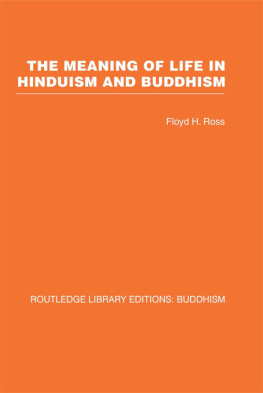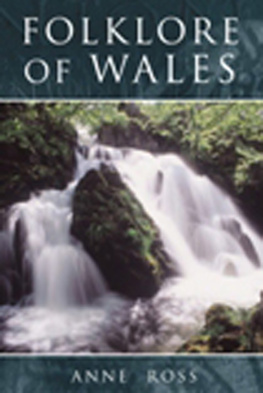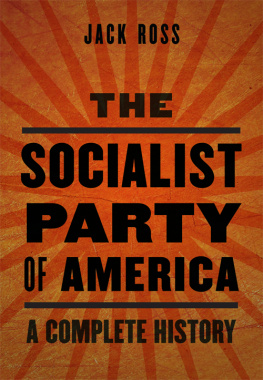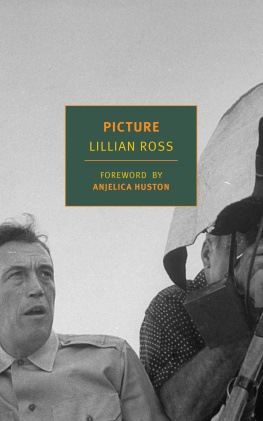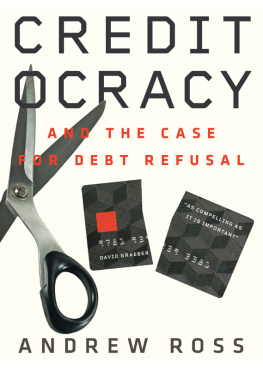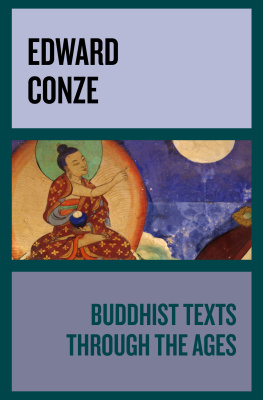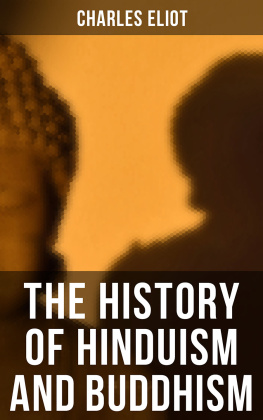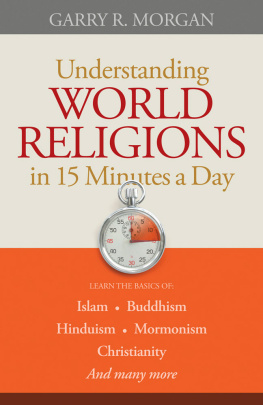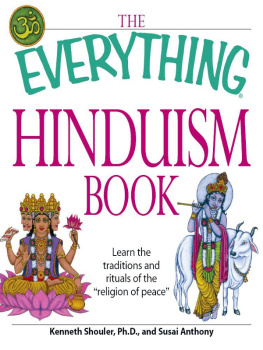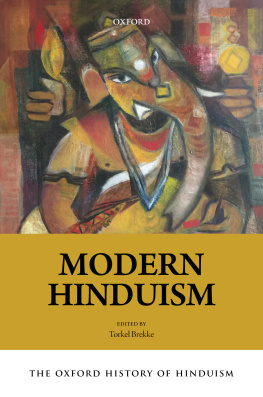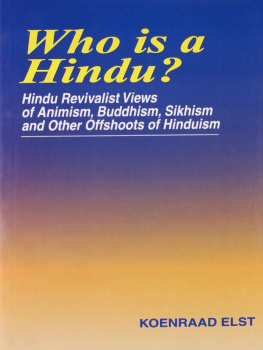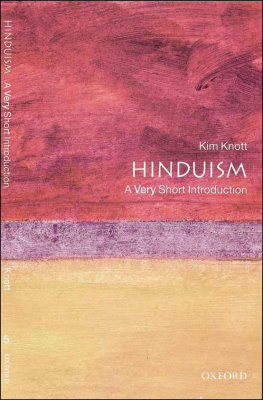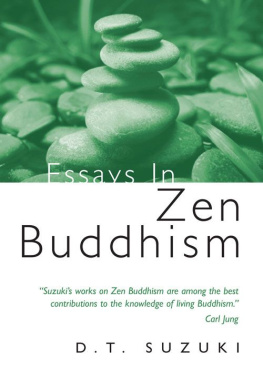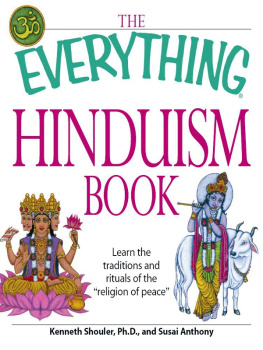Ross - The Meaning of Life in Hinduism and Buddhism
Here you can read online Ross - The Meaning of Life in Hinduism and Buddhism full text of the book (entire story) in english for free. Download pdf and epub, get meaning, cover and reviews about this ebook. publisher: Taylor & Francis (CAM), genre: Religion. Description of the work, (preface) as well as reviews are available. Best literature library LitArk.com created for fans of good reading and offers a wide selection of genres:
Romance novel
Science fiction
Adventure
Detective
Science
History
Home and family
Prose
Art
Politics
Computer
Non-fiction
Religion
Business
Children
Humor
Choose a favorite category and find really read worthwhile books. Enjoy immersion in the world of imagination, feel the emotions of the characters or learn something new for yourself, make an fascinating discovery.
- Book:The Meaning of Life in Hinduism and Buddhism
- Author:
- Publisher:Taylor & Francis (CAM)
- Genre:
- Rating:4 / 5
- Favourites:Add to favourites
- Your mark:
- 80
- 1
- 2
- 3
- 4
- 5
The Meaning of Life in Hinduism and Buddhism: summary, description and annotation
We offer to read an annotation, description, summary or preface (depends on what the author of the book "The Meaning of Life in Hinduism and Buddhism" wrote himself). If you haven't found the necessary information about the book — write in the comments, we will try to find it.
Ross: author's other books
Who wrote The Meaning of Life in Hinduism and Buddhism? Find out the surname, the name of the author of the book and a list of all author's works by series.
The Meaning of Life in Hinduism and Buddhism — read online for free the complete book (whole text) full work
Below is the text of the book, divided by pages. System saving the place of the last page read, allows you to conveniently read the book "The Meaning of Life in Hinduism and Buddhism" online for free, without having to search again every time where you left off. Put a bookmark, and you can go to the page where you finished reading at any time.
Font size:
Interval:
Bookmark:

ROUTLEDGE LIBRARY EDITIONS: BUDDHISM
THE MEANING OF LIFE IN HINDUISM AND BUDDHISM
By
Floyd H. Ross
Volume 16

First published in 1952
This edition first published in 2008 by
Routledge
2 Park Square, Milton Park, Abingdon, Oxon, OX14 4RN
Simultaneously published in the USA and Canada
by Routledge
270 Madison Ave, New York NY 10016
Routledge is an imprint of the Taylor & Francis Group, an informa business
Transferred to Digital Printing 2009
From The Meaning of Life in Hinduism and Buddhism by Floyd Hiatt Ross
Reprinted by permission of Beacon Press, Boston
All rights reserved. No part of this book may be reprinted or reproduced or utilised in any form or by any electronic, mechanical, or other means, now known or hereafter invented, including photocopying and recording, or in any information storage or retrieval system, without permission in writing from the publishers.
British Library Cataloguing in Publication Data
A catalogue record for this book is available from the British Library
Library of Congress Cataloging in Publication Data
A catalog record for this book has been requested
ISBN 10: 0-415-44291-5 (Set)
ISBN 13: 978-0-415-44291-6 (Set)
ISBN 10: 0-415-46146-4 (Volume 16)
ISBN 13: 978-0-415-46146-7 (Volume 16)
Publishers Note
The publisher has gone to great lengths to ensure the quality of this reprint but points out that some imperfections in the original copies may be apparent.
THE MEANING OF LIFE IN HINDUISM AND BUDDHISM
by
FLOYD H. ROSS
Professor of World Religions
School of Religion, University of Southern California
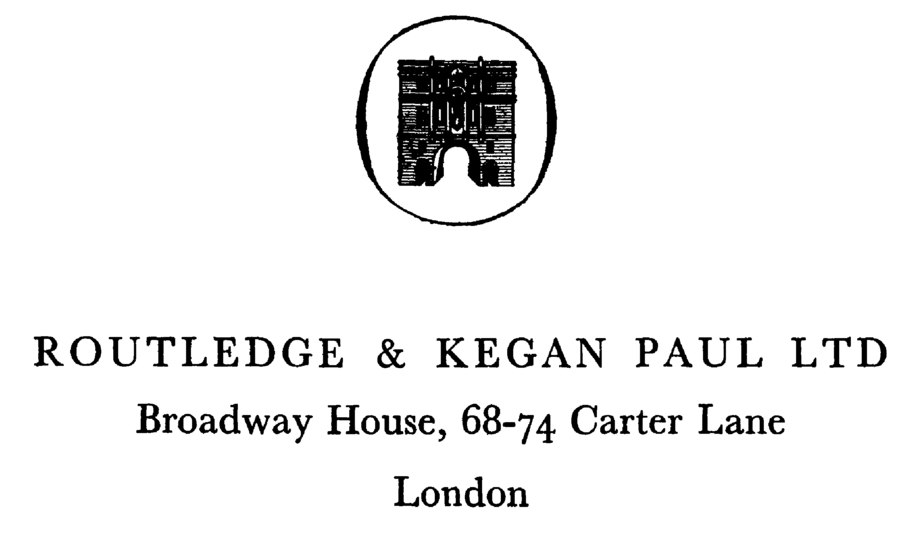
First published in 1952
by Routledge & Kegan Paul Ltd.
Broadway House , 68-74 Carter Lane
London, E.C.4
Printed in Great Britain
by T. and A. Constable Ltd.
Edinburgh
TO F.J.R. AND J.F.R.
'The West has a good deal to learn from the East.... Almost every religious revival comes from the fusion of two traditions, as the Christian Church itself was, in Clement's metaphor, the confluence of two rivers, the Hellenistic and the Jewish.'W. R. INGE.
WHAT is the meaning of life? How much sense of meaning does the average, thoughtful Western person have today as he looks out upon his own community and then upon the world?
How can modern man discover a meaningful sense of direction before it is too late?
These are some of the questions which Occidental man faces. What some are hailing as the dawn of a new day for the Orient can become the twilight of an old day for the Occident. Western man must open his eyes in order to experience a spiritual renaissance or he will play an increasingly maladroit role in the world community that is struggling to be born.
In a previous volume, Addressed to Christians: Isolationism vs. World Community, the writer discussed critically the Christian concept of'special chosenness'. This conviction of being the 'chosen people' has led many Christians to engage in practices and to inculcate attitudes which have emphasized exclusiveness. The tragic exclusion from the Christian fellowship of many of the keenest minds and spirits of Christendom is a story that some would prefer to pass over in silence.
There is another aspect to the 'rightness and tightness' of Christian orthodoxy in practice which has been equally costly to Christendom. No sustained attempts have been made by
The Christian churches have sent out missionaries to many distant lands and peoples. The 'Far East' has undoubtedly gained in many ways through this contact, but not always in the ways suspected by the missionary groups. In many cases the Eastern peoples contacted were quickened to look deeper into their own heritages. Only a few actually changed their basic religious loyalties. But the patience of the Orient in receiving the emissaries from Christendom has not helped the peoples of the West to come to a realization of their own smugness, parochialism and spiritual shallowness.
Of recent years the East has become more articulate as it has watched the symptoms of a complete breakdown in the European civilization, accented by a protracted series of wars. Thoughtful men like Ananda K. Coomaraswamy have stepped forward to protest the 'proselytizing fury' of the Occident.
W. R. Inge, Mysticism in Religion (Senior Series, Hutchinson's University Library, London, n.d.), p. 8.
Cf. his Am I My Brother's Keeper? (John Day, N.Y., 1947). Other men who have sought to mediate between the East and the West at the more profound level are Rene Guenon, Gerald Heard, Aldous Huxley, Alan Watts. Marco Pallis. D. T. Suzuki.
Christians must recognize the tremendous surge of the life of the spirit in the Orient, even when that surge is careless of traditional Western forms or phrases. Two tasks need to be undertaken simultaneouslythe appreciative study of the Oriental traditions at their best, and a much more profound study of the ignored depths of Christianity at its best. If God be God of all mankind, even groups using widely differing idioms may discover they are grappling with the same problems of ultimate meanings or values. Perhaps one reason why the persons called 'Quakers' are often much more aware of the inwardness of the spiritual life is that they have less to defend in the way of outward Christian forms. The present writer must confess that he has learned more from contacts with the Society of Friends than from any other single group.
The following chapters attempt to present some of the more significant insights of Hinduism and Buddhism to Western readers. Hence this is no tourist view. The bizarre and the exotic may make good material for the picture magazines; they do not reveal much of the inner workings of the spirit of man. The fundamental question tackled by Hinduism and Buddhism is, Who Am I? This is a question which is receiving increased attention in psychological and religious circles in the West. Along this route modern man may come to a rediscovery of himself.
A word of appreciation to two great teachers remains to be added. Dr. J. Frank Reed of Wolverton Village, Ontario, opened many doors to an understanding of the convictions held by men standing outside the Occidental-Christian Orbit. As a teacher of comparative religion in a Christian seminary, he combined scholarship, fair-mindedness and a concern for truth all too scarce in some religious circles. If Christians are to become a constructive force along with non-Christians making for what Professor Hocking has called world loyalty, it will be in part because men of the spirit and calibre of Reed refused to equate the religious quest with sectarian apologetic. Dr. Robert J. Taylor, formerly Dean of the School of Religion in the University of Southern California, stands in this same tradition.
Charles Malik, 'America and the World Crisis,' New Outlook, Jan. 1951, vol. 4, no. 1, p. 14.
To my wife, Frances Jenny Ross, goes a large share of the credit for making the present chapters a reality. She went through all of the preparatory drafts of the manuscript and assisted in clarifying many points. She played a secondary role of importance in protecting the study from too frequent invasion by David and Bruce. All those who combine the householder stage with the student phase of life can appreciate what is involved in this.
Font size:
Interval:
Bookmark:
Similar books «The Meaning of Life in Hinduism and Buddhism»
Look at similar books to The Meaning of Life in Hinduism and Buddhism. We have selected literature similar in name and meaning in the hope of providing readers with more options to find new, interesting, not yet read works.
Discussion, reviews of the book The Meaning of Life in Hinduism and Buddhism and just readers' own opinions. Leave your comments, write what you think about the work, its meaning or the main characters. Specify what exactly you liked and what you didn't like, and why you think so.

